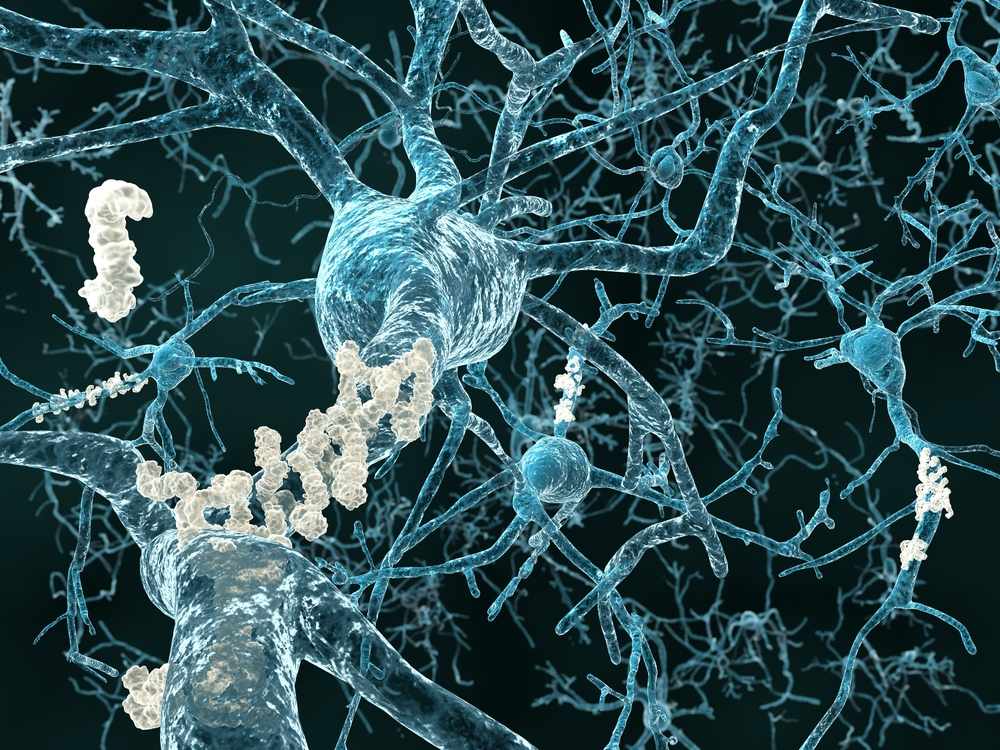-
Featured News
Want a healthy brain as you age? Live a healthy life
 ROCHESTER, Minn. — Adopting a healthy lifestyle can protect the brain against several risk factors for Alzheimer’s disease, Mayo Clinic research shows. Controlling blood pressure and cholesterol and avoiding obesity, smoking and diabetes are among the steps that can help preserve brain health, according to the study, published in JAMA Neurology.
ROCHESTER, Minn. — Adopting a healthy lifestyle can protect the brain against several risk factors for Alzheimer’s disease, Mayo Clinic research shows. Controlling blood pressure and cholesterol and avoiding obesity, smoking and diabetes are among the steps that can help preserve brain health, according to the study, published in JAMA Neurology.
Neurologists believe two aspects make up Alzheimer’s disease:
- Amyloid deposits: Toxic proteins that build up plaques on the brain.
- Neurodegeneration: Loss of structure and function of neurons in the brain.
The Mayo research examined whether the risk factors and protective steps against each differ.
“This is a hot topic of investigation, because the more we learn about biomarkers, the more we will learn about risk and protective factors against Alzheimer’s disease,” says senior study co-author Ronald Petersen, M.D., Ph.D., director of Mayo Clinic’s Alzheimer’s Disease Research Center. “The notion of exceptional brain aging is relevant here — why some people have lower degree of Alzheimer’s disease-causing brain changes even at advanced ages and higher genetic risk of Alzheimer’s disease.”
MEDIA CONTACT: Susan Barber Lindquist, Mayo Clinic Public Affairs, 507-284-5005, newsbureau@mayo.edu
The study found that:
- High cholesterol was the only predictor among the midlife risk factors — apart from demographics and the presence of apolipoprotein E gene — that raises the risk of amyloid deposits, the key factor underlying Alzheimer’s disease.
- Midlife obesity, smoking, diabetes and high blood pressure, as well as late-life cardiac and metabolic chronic conditions, were associated with greater Alzheimer’s disease-pattern neurodegeneration.
- Intellectual enrichment did not significantly predict formation of amyloid deposits or neurodegeneration, suggesting that it is mainly protective against cognitive decline.
“It is important to note that fewer midlife risk factors and fewer chronic health conditions contribute to lower risk of Alzheimer’s disease dementia,” says first author Prashanthi Vemuri, Ph.D., a Mayo Clinic dementia researcher. “For healthier brain aging, managing one’s overall health over a lifetime is vital.”
The study looked at 942 people ages 70 to 89 enrolled in the Mayo Clinic Study of Aging. Researchers used brain scans that show amyloid formation and neurodegeneration, and investigated what factors protect individuals from both. They also looked at “exceptional agers” – people 85 and older with no significant evidence of Alzheimer’s disease on their brain scans.
“The research shows that exceptional aging without major signs of Alzheimer’s disease may be possible with a greater number of protective factors across the life span,” Dr. Vemuri says.
Future research should investigate independent and combined protective factors against amyloid and neurodegeneration, Dr. Vemuri says. Better prevention strategies could help delay the onset and progression of Alzheimer’s disease, she says.







